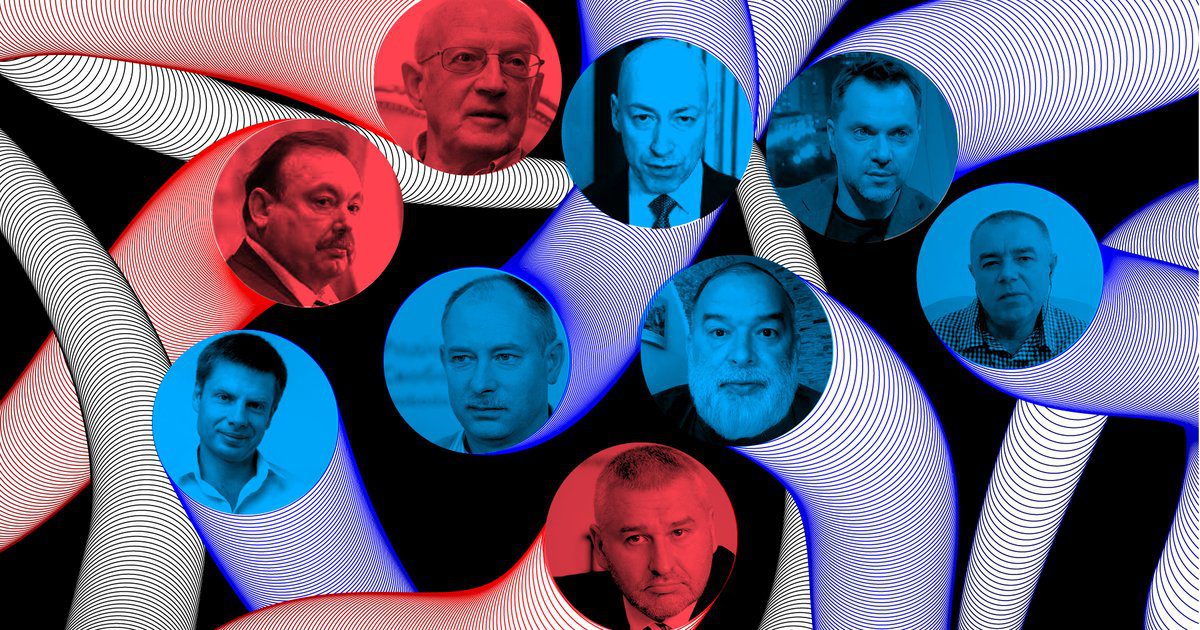Oleh Zhdanov, Roman Svitan, Oleksiy Arestovych, Dmytro Gordon, and dozens of other experts have filled the information feeds of Ukrainian citizens and are considered authoritative sources of truth by many. The development of social networks and the blogosphere in the twenty-first century has created conditions for the growth of the number of experts, among whom there are many who are in fact successful demagogues and not professionals in the areas they comment on.
The following criteria should be applied to verify the expertise of experts:
- Education and career as an expert. It is often surprising to find out that a popular expert who has hundreds of thousands or millions of views has not actually studied to be an expert or received any training in the field they are actively commenting on. It happens that a person just speaks well and a large number of subscribers and viewers like him or her because of it. But in order to be liked by many people, you also need to speak in a way that is accessible to the masses, i.e. as simply, emotionally, vividly, and sometimes even primitively as possible. According to the laws of show business, to be popular, you don’t need to speak intelligently and use complex terms, but rather be “simple” – and people will like it.
But if we need professional information about politics, economics, medicine, etc., we should listen not to those with millions of followers (and there are bots among them, because social media expertise is also a business project), but to those who actually have the appropriate education and training.
- The expert’s place of work. It is important to understand that an expert who does not work anywhere and only records videos for subscribers is just a blogger who shares his or her subjective opinion. You should also pay attention to the influencer’s place of work, because it is often the case that an all-knowing social media expert works as a security guard or taxi driver off the air, but is “very smart” at the same time.
It is possible for an expert to list on his or her social media page as his or her place of work some unfounded, but often non-existent “Center or Institute for All-Round Research.” But if you simply Google this institution, you will see that it exists only on social media and has no research or achievements. The question arises: is it worth trusting self-styled experts if they have no expert achievements?
Yanukovych once stated in his biography that he was a member of the California International Academy of Science, Education, Industry and the Arts, but it turned out that such an academic institution did not exist.
- Owners and sponsors of research organizations. Often, our favorite expert may work for a genuine research organization with many recognized experts. But the objectivity of their statements can often be tainted by the money of sponsors who pay them to cover a particular point of view in defense of a particular party, ideology, or politician, or to vilify competitors. If we are interested in the correctness of what is said, it is worth finding out who pays experts to say such convincing things and whether these sponsors are not biased political interests.
After all, if we did not pay for the expert’s hard work and research, it may turn out that those who plan to use our vote in elections or elsewhere to their advantage have already paid for it, and at a low cost.
The rest of the criteria for checking the professionalism of popular experts, and often in fact demagogues, professors, and populists, will be published in the second part of the article on the criteria for checking expertise.
Author: Valeriy Maydanyuk


Leave a Reply